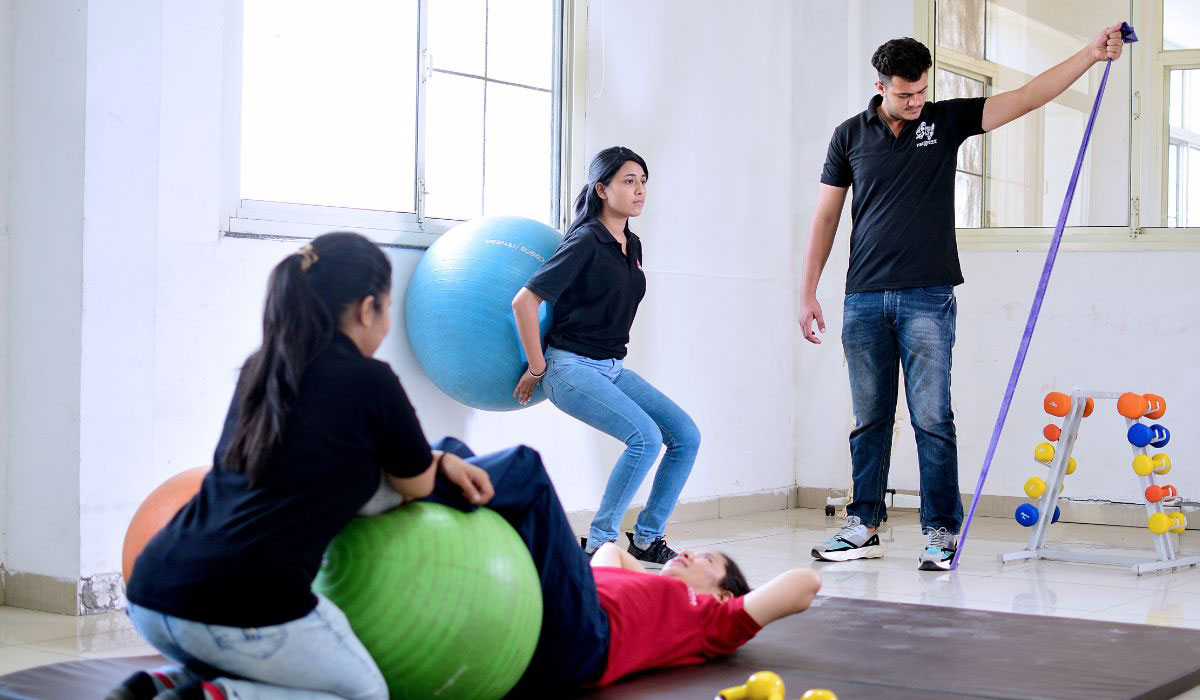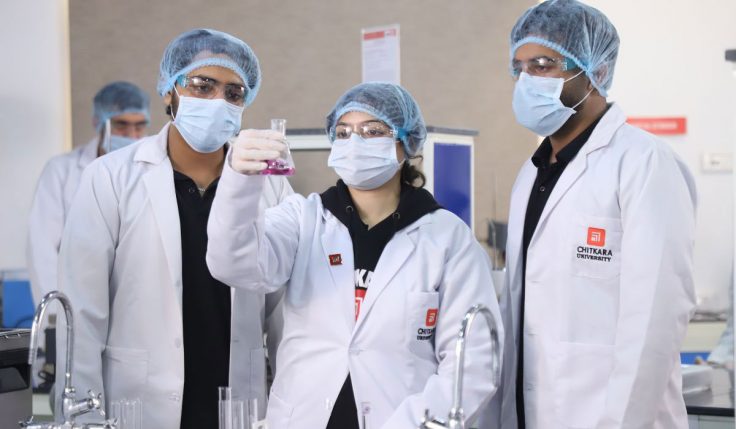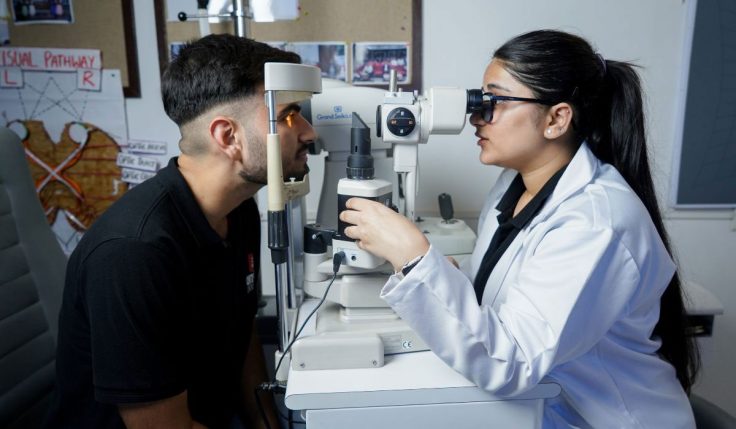In 2023, the discipline of Physical Therapy is undergoing a rapid shift, with multiple game-changing trends transforming the landscape of this profession. Understanding these growing trends is critical for ambitious students interested in a career in Physical Therapy. We’ll dig into the eight must-know Physical Therapy trends of 2023 in this detailed guide, providing light on their relevance and how they’re altering the field of Physical Therapy. Whether you’re thinking about getting a Bachelor of Physiotherapy (BPT) or are already on your way, this information is essential for thriving in this ever-changing sector.
Telehealth and Virtual Rehabilitation
Telehealth has transformed healthcare, and Physical Therapy is no exception. Telehealth continues to gain traction in 2023, allowing therapists to reach patients in remote places or those with restricted mobility. Virtual rehabilitation programs are increasingly more widely available, allowing patients to conduct guided exercises and therapy sessions from the comfort of their own homes. This trend not only improves patient participation but also broadens the availability of Physical Therapy treatments.
AI-Powered Rehabilitation
Artificial Intelligence (AI) is making a mark on Physical Therapy. Artificial intelligence-powered applications are used to assess patient data, track progress, and create individualized rehabilitation programs. These AI algorithms assist therapists in making data-driven choices, optimizing treatment regimens, and predicting patient outcomes, so enhancing care quality and efficiency.
Functional Movement Screening (FMS)
FMS is gaining popularity as a useful method for evaluating movement patterns and diagnosing potential musculoskeletal disorders. FMS is used by physical therapists to assess a patient’s functional mobility, uncover imbalances, and personalize therapy regimens to specific deficits. This fashion promotes a proactive approach to injury avoidance and general health.
Lifestyle Medicine Integration
Physical Therapy is moving beyond just treating injuries. In 2023, there’s a growing emphasis on lifestyle medicine integration. Therapists are incorporating nutrition, exercise, stress management, and sleep optimization into their treatment plans. This holistic approach recognizes that overall health plays a crucial role in rehabilitation and injury prevention.
Pain Neuroscience Education
Understanding pain is a key focus in modern Physical Therapy. Therapists are increasingly integrating pain neuroscience education into their practice. This involves educating patients about the science of pain, which can help demystify chronic pain conditions and improve treatment outcomes.
Specialization and Advanced Certifications
The demand for specialized Physical Therapists is on the rise. Whether it’s sports rehabilitation, pediatrics, geriatrics, or orthopedics, therapists are pursuing advanced certifications to become experts in specific areas. Specialization enhances career prospects and allows therapists to address unique patient needs effectively.
Wearable Technology and Rehabilitation Apps
Wearable devices and rehabilitation apps are becoming indispensable tools in Physical Therapy. These technologies enable therapists to monitor patients’ progress in real-time and provide immediate feedback. Patients can track their exercises and receive guidance through mobile apps, enhancing compliance and engagement.
Mental Health Integration
The connection between physical and mental health is undeniable. Physical Therapists are increasingly integrating mental health strategies into their practice. Addressing the psychological aspects of pain and recovery is crucial for holistic patient care.
Read this blog post: Path To Become A Successful Physiotherapist
Finally, the profession of Physical Therapy is quickly developing in 2023, providing interesting chances for students pursuing a Bachelor of Physiotherapy study. Staying current with these developing ideas is helpful not only for your schooling but also for your future employment. Keep these trends in mind as you begin your path toward a Bachelor of Physiotherapy Degree, and be prepared to adapt and innovate in this dynamic and lucrative sector.
Chitkara University’s Bachelor of Physiotherapy (BPT) program offers a transformative educational journey meticulously designed to meet international standards in physiotherapy. This hands-on program, spanning 4.5 years, strikes a harmonious balance between rigorous academic excellence and extensive clinical training, complemented by a mandatory six-month internship. Aspiring students, whether they are on the path to a BPT degree or considering this field, can expect a holistic educational experience that equips them with the skills and knowledge needed to excel in the dynamic world of physiotherapy.
Physiotherapists play a pivotal role in diagnosing and managing patients of all ages, helping them enhance their physical abilities and overall well-being. In an era marked by musculoskeletal issues due to mechanization and sedentary lifestyles, physiotherapists collaborate with mainstream medical practitioners to address these challenges effectively.
Chitkara University’s BPT program stands out as a leader in physiotherapy education, consistently ranked among the top institutions in the country. Its mission is not only to educate but also to advance the profession of physiotherapy through rigorous academic training, scholarly contributions, and active engagement in the field.
One of the program’s standout features is its strategic curriculum, with an initial focus on theory followed by immersive hands-on experience in clinical settings. The curriculum is designed in collaboration with industry partners to ensure that students receive an education that aligns with the evolving demands of the field. Furthermore, Chitkara University’s strong industry network provides students with access to a wide range of internship opportunities at renowned healthcare institutions such as Fortis Hospitals, Max Hospitals, Manipal Hospitals, and various institutes. These internships offer invaluable industry exposure, making graduates well-prepared to embark on their professional journeys as confident and competent physiotherapists, ready to make a lasting impact in healthcare.






